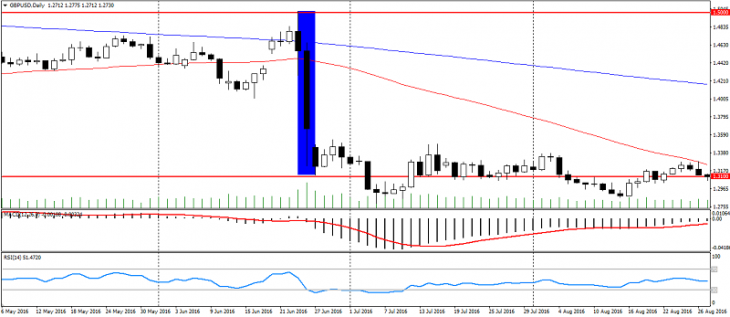
Geopolitical risks for the beginning of 2019! (Part 3)
Finishing the series of articles devoted to geopolitical risks for the beginning of 2019, it is worth noting Brexit: the exit of the UK from the EU. Earlier, we talked about such significant risks for the global economy as the “US Government Crisis and the Fed Criticism” and US-China Trade War.”
Brexit
The risks around Brexit for the UK remain one of the most significant in the last few years. So, while all the advanced economies of the world are focused on the the US – China trade confrontation, and the foreign trade policy of the USA, the UK remains completely consumed by divorce from the EU.
After unsuccessful attempts to announce a vote of no confidence in British Prime Minister T. May, the British government split into two parts: supporters of May and the deal that the EU is proposing, and opponents of the Brexit deal. The latter are the majority in the government, which brings Brexit risks to a whole new level.
So, at the beginning of 2019, the market expects an disorderly departure of the UK from the EU to a new referendum. The disorderly departure of the UK from the EU means that the UK government will reject the proposal of the European Union, and in fact the UK will get a hard Brexit without a deal. The market has been preparing for this for a long time.
The second option with the new referendum is less likely, because during the negotiations with the EU “many bridges” were burned, which actually makes it impossible to resume the old relations between Great Britain and the EU. Also, this event completely denies May as prime minister of Great Britain. This may cause a new wave of political risks in the UK.
A vote on the Brexit deal is expected in January, which is likely to fail and heighten concerns. Thus, in the first weeks of 2019 we should expect new exacerbations on Brexit, which will significantly increase the pressure on the British pound.
Separately, it is worth noting March 29, 23:00 GMT as the zero hour, at this time the UK will officially leave the EU. Until this time, the UK government must confirm the Brexit deal. Otherwise, the British pound is waiting for a new collapse, similar to the collapse on the results of the referendum on Brexit.

Anton Hanzenko